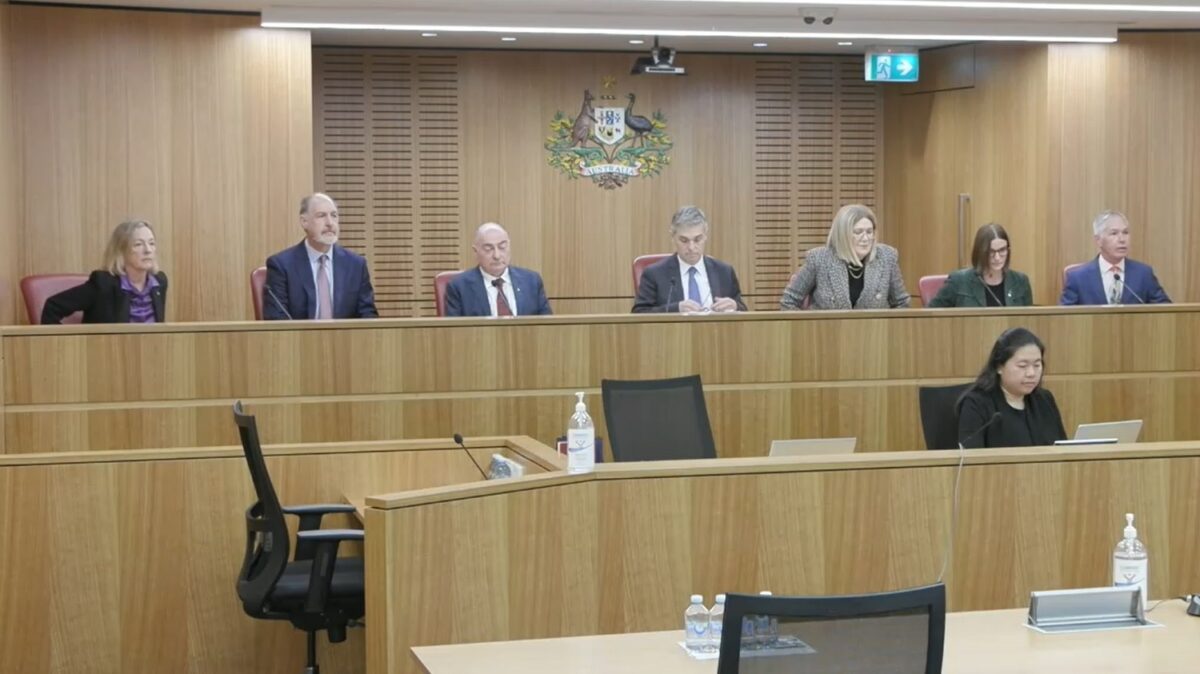
The Fair Work Commission’s ruling will increase the national minimum wage rise to $23.23 per hour. Photo: Screenshot.
The Fair Work Commission (FWC) has approved an 8.65 per cent or $1.85 per hour increase to the minimum wage and a 5.75 per cent increase for award workers.
The national minimum wage will rise to $23.23 per hour or $882.80 per 38-hour week from 1 July. And while less than one per cent of Australian employees are actually on the minimum wage, that figure does inform the minimum pay rate for the roughly 21 per cent of Australian workers on awards and enterprise bargaining agreements.
The annual wage review is conducted in accordance with Section 285 of the Fair Work Act, which requires the Fair Work Commission to review the national minimum wage and review modern award minimum wages.
“The national minimum wage sets the minimum rate of pay for employees in the national industrial relations system who are not covered by a modern award or enterprise bargain agreement,” Fair Work Commissioner Adam Hatcher said.
“There are 121 modern awards that apply to employees in the national industrial relations systems, various industries and occupations. There are also a small number of modern enterprise awards which apply to specific business enterprises.
“In setting award rates of pay, the commission is required to take into account the amount of the national minimum wage. Approximately 20.5 per cent of all Australian employees are paid in accordance with the minimum wage rates in modern awards.
“Our decision in this annual wage review with therefore operate upon the wages of about a quarter of Australian employees.”
Mr Hatcher said the wage increase “will not cause or contribute to any wage-price spiral”.
Despite the increase being less than the 10 per cent increase the Australian Council of Trade Unions (ACTU) was calling for, it nevertheless welcomed the decision.
“With inflation running at 6.8 per cent, this will mean $66.50 more per week in the pocket of an entry-level disability support worker, and $51.08 per week in the pocket of an entry-level shop worker,” an ACTU media release says.
“When workers have more money in their pockets, they spend it in local shops and cafes. This increase not only helps workers to pay their bills and put food on the table, it means they can support local businesses. This is good for the economy.”
ACTU Secretary Sally McManus said the union movement had fought hard for the increase, saying it “will really help millions of working people to stay afloat. It is a critical increase during this cost-of-living crisis”.
“As it does every year, big business pushed hard for a cut that would see Australia’s lowest-paid workers go backwards by at least $1350 a year,’ she said.
“Today’s 5.75 per cent increase for award workers means they can just keep up with the cost of living. It is a matter of survival.”
But the Australian Industry Group (Ai Group) said the 5.75 per cent increase in award rates was “disappointing” but recognised the competing tensions between cost of living pressures and the difficulties of a large wage increase in a weakening economy.
Following the FWC announcement, Innes Willox, chief executive of the Ai Group said, “At a time when the economy and the labour market are clearly under growing pressures and when productivity growth has flatlined, it is a decision that adds to the risks of an inflation blowout; is likely to see interest rates rise further than they would have otherwise; and raises the likelihood that households will face further cost of living pressures.
“It is some consolation that a still higher increase, such as proposed by the ACTU, would have added substantially more to these risks.”
Minister for Employment and Workplace Relations Tony Burke described the FWC’s ruling as the “best decision for workers we’ve ever had”.
“Today’s decision is the best outcome that we’ve ever had for workers from an annual wage review or from its predecessors,” he said in a statement.
“That has only been possible because of the actions of the government.
“But yes, there are still more changes that we need to make. There’s still a series of loopholes that undercut wages, and we’re intending to deal with that in the second half of this year.”





















